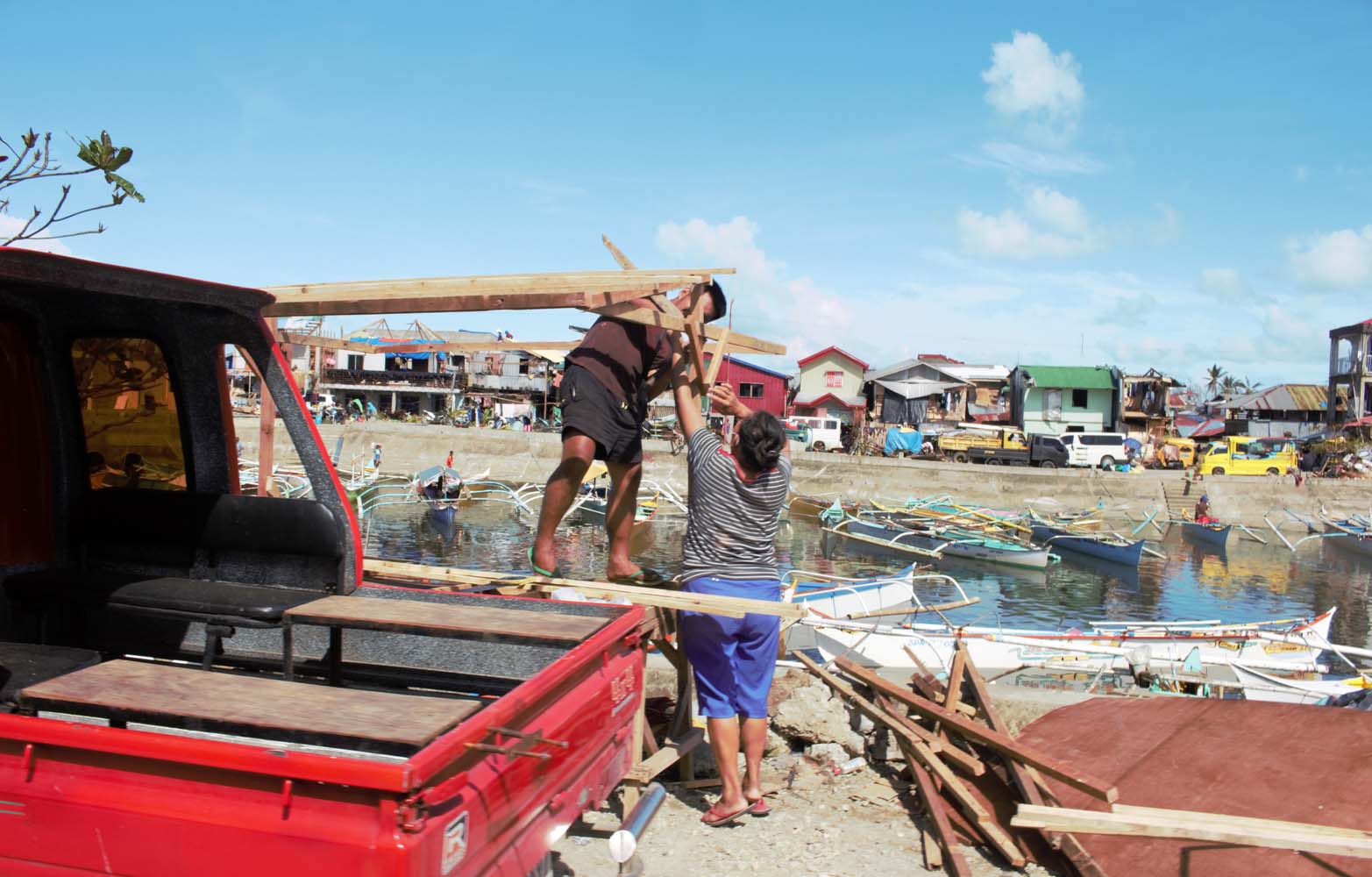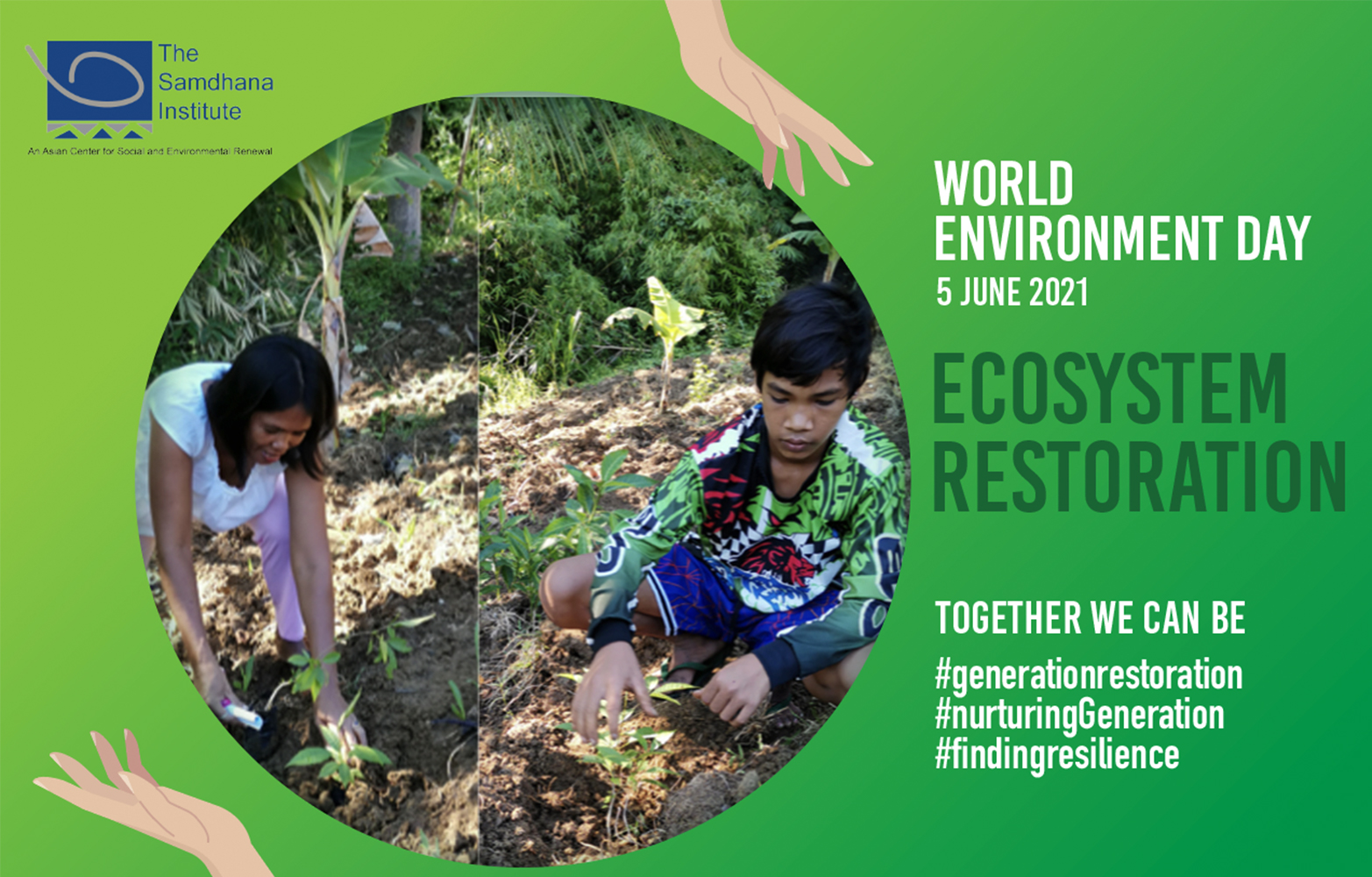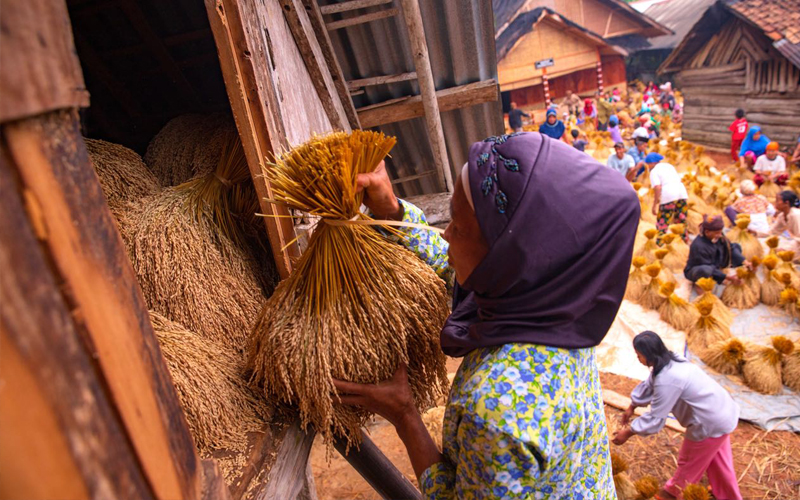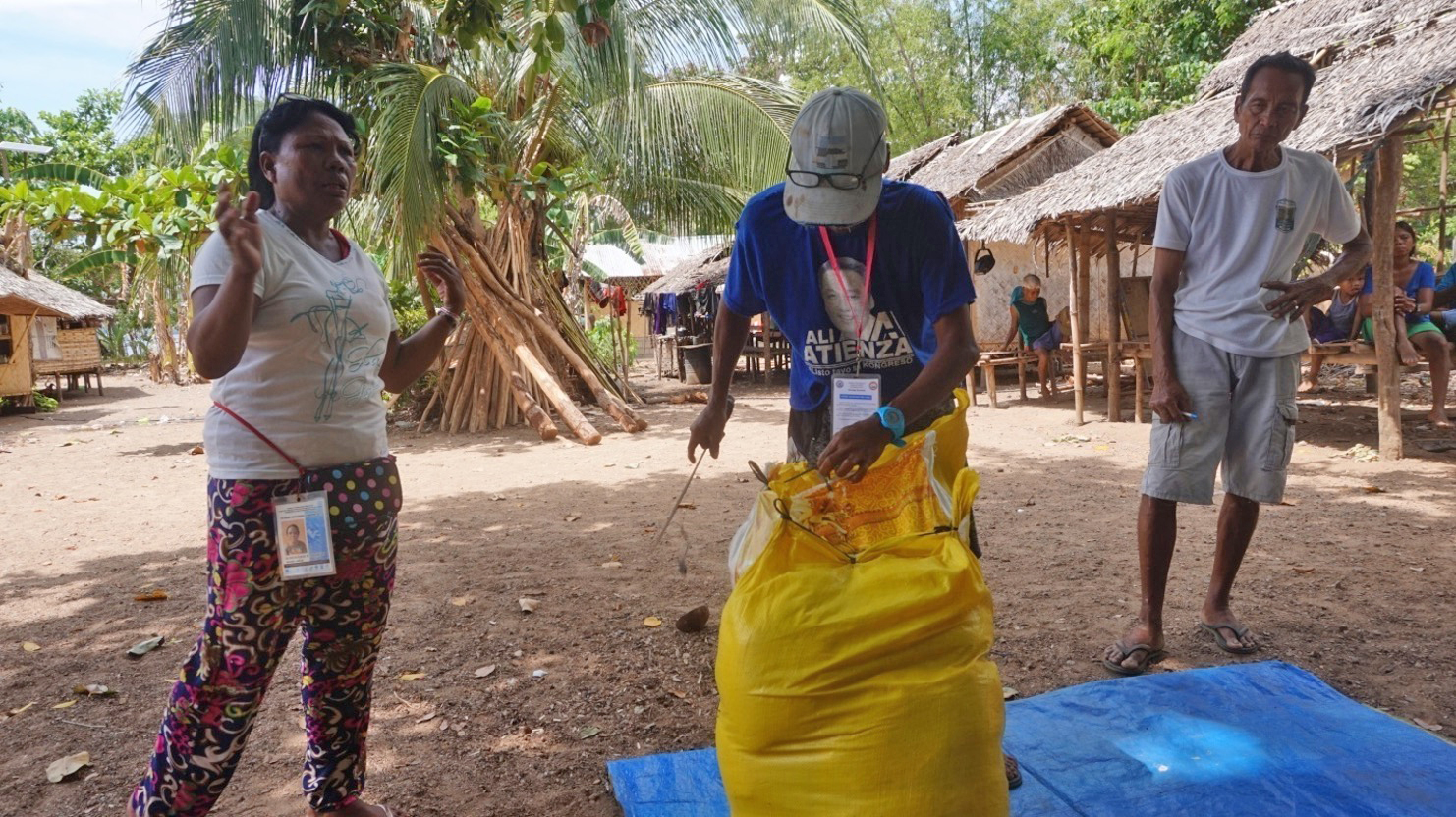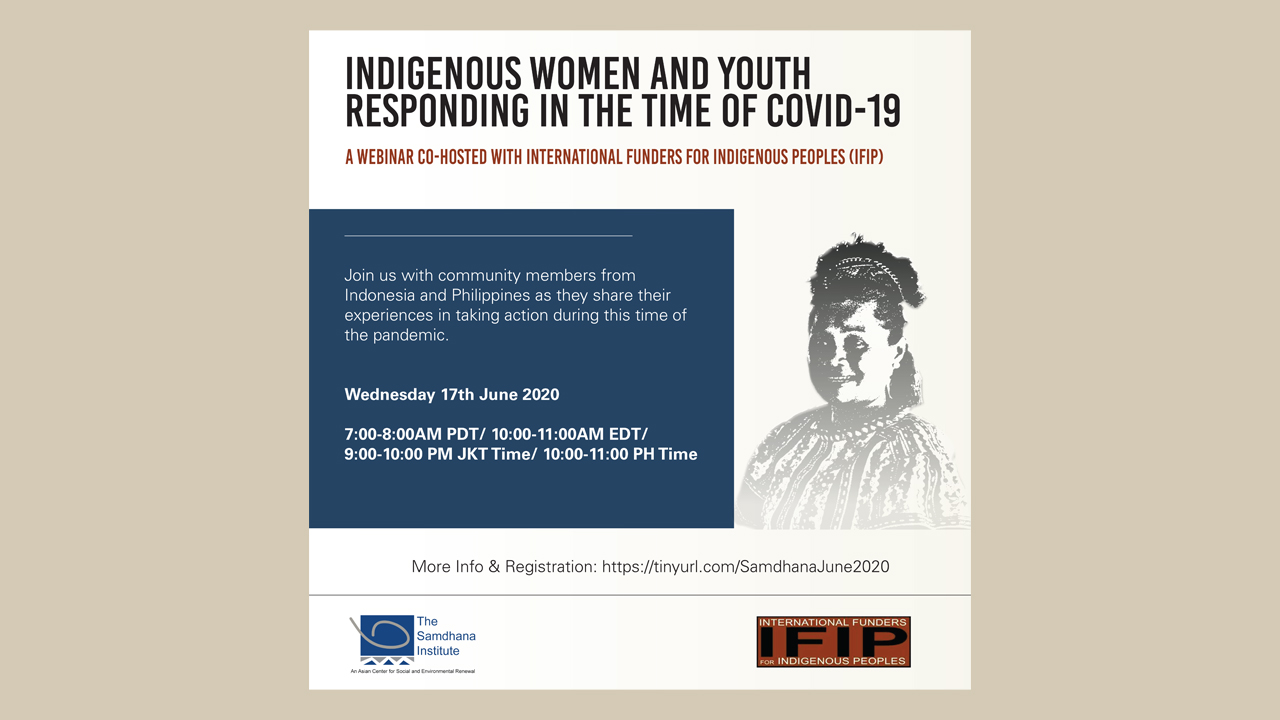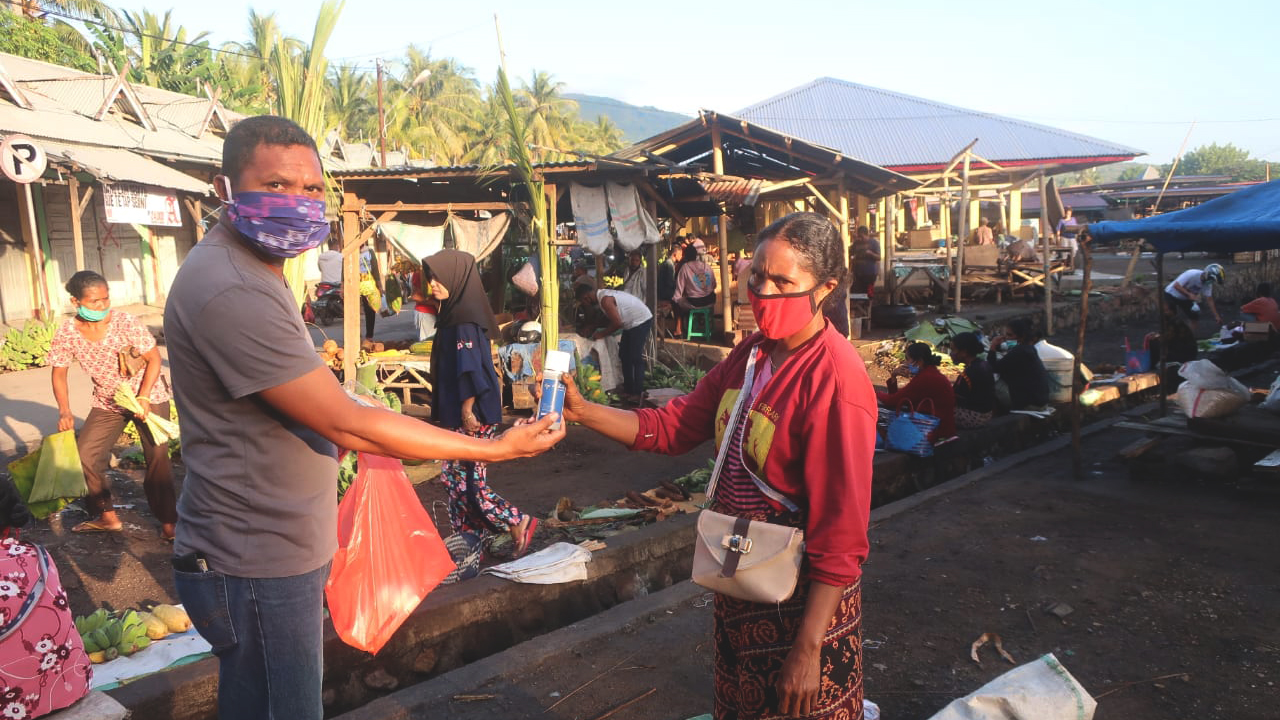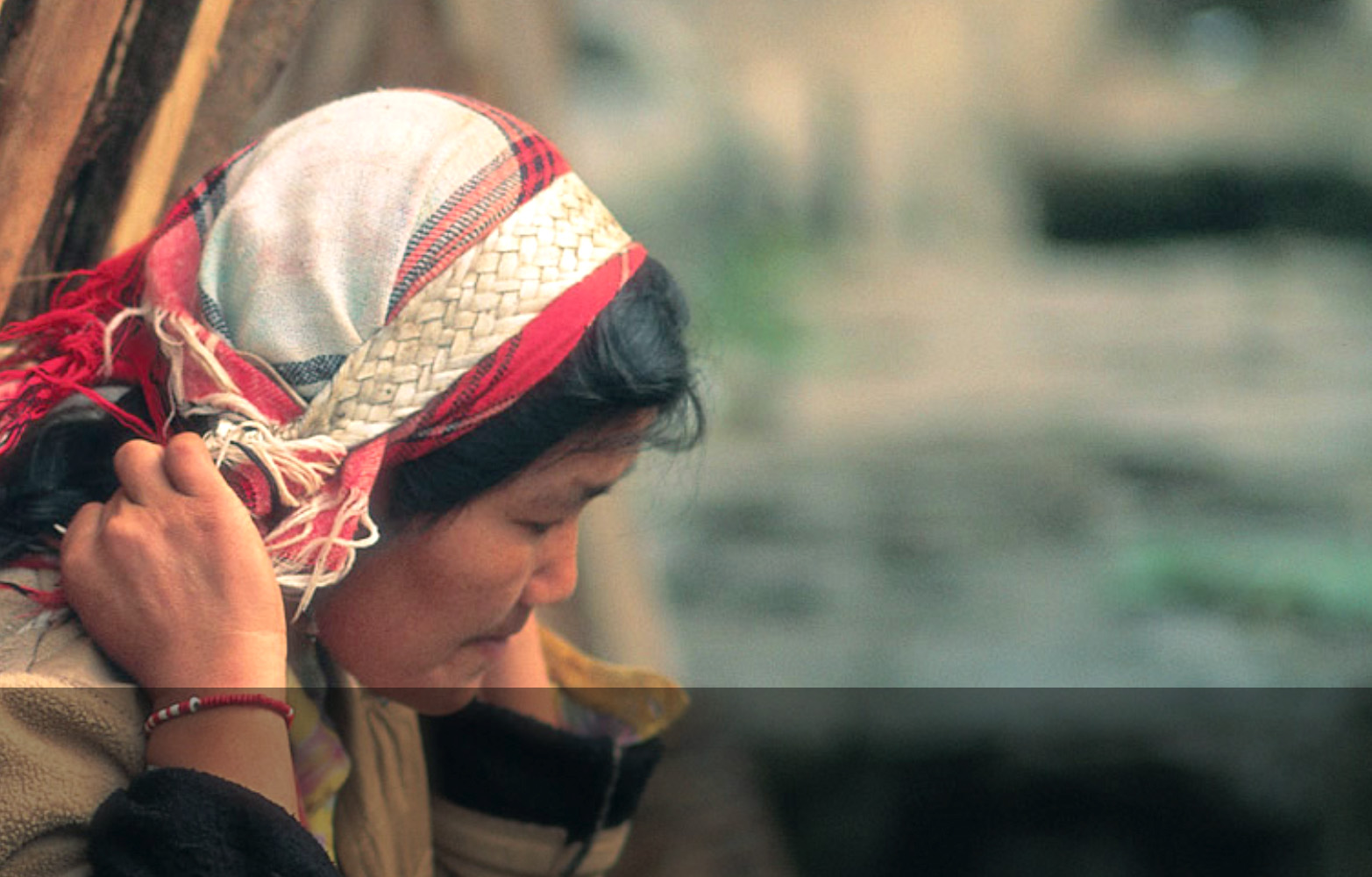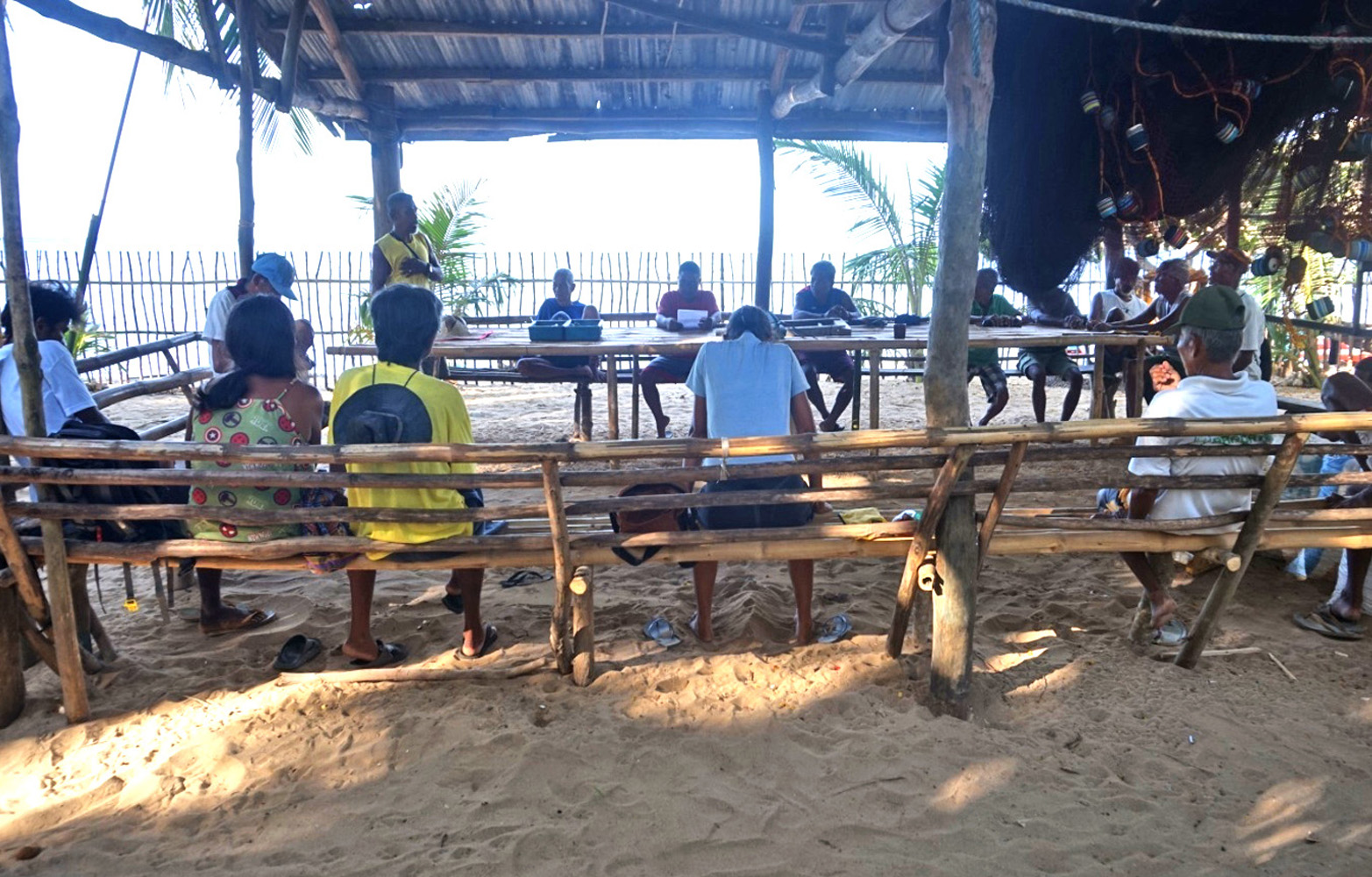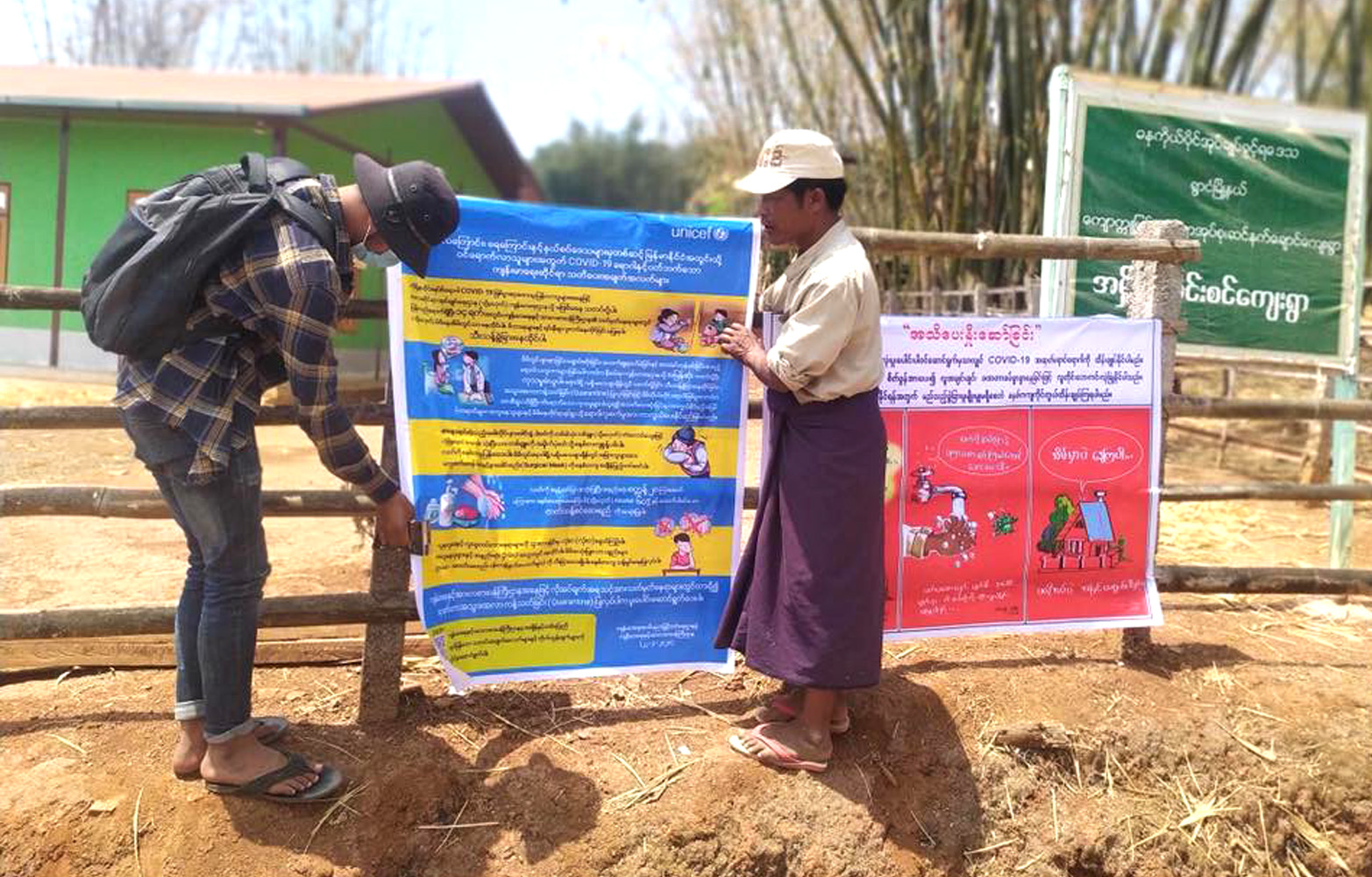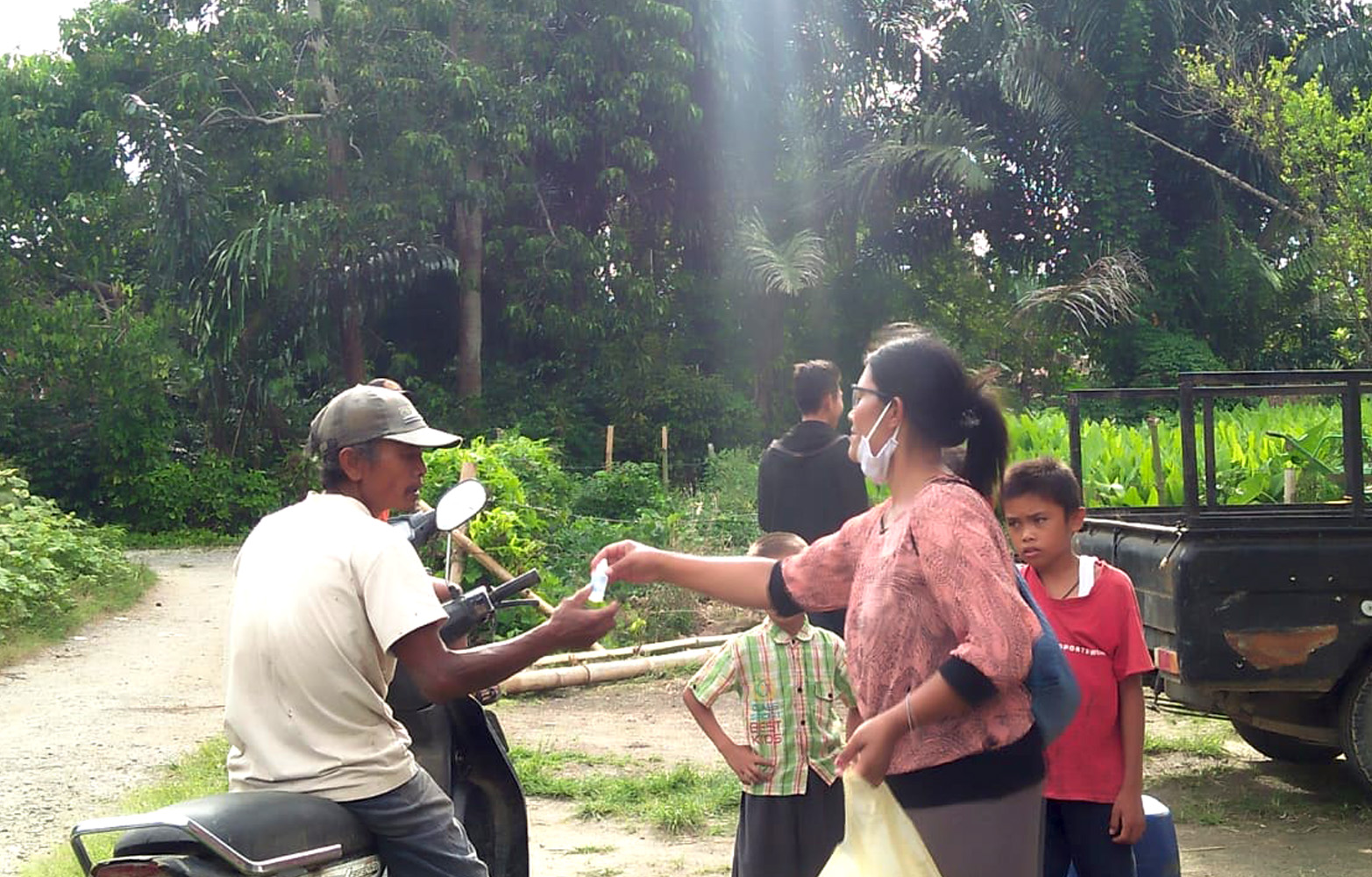Recovery after Odette
Indigenous and local communities still vulnerable to natural disasters aggravated by climate change.
A month after the devastating category 5 typhoon Odette (Rai) last December 16, 2021, affected communities are focused on their recovery. Through the urgent action grant mechanism, Samdhana Institute was able to contribute to the relief and recovery efforts of community partners.
